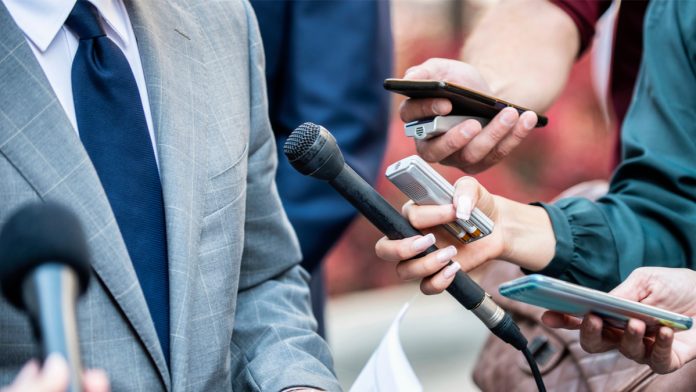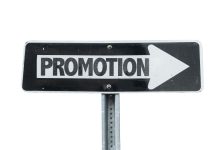Bill Miller, President of the American Gaming Association, has hit back at the media in the US that has used a “cookie cutter” approach in its reporting of criticism of the sports betting industry.
Writing a letter to the editor of The Hill in response to an article posted last month, Miller labeled some of the criticism leveled at the industry as “outlandish” and that the author of the article wouldn’t “let the facts get in the way of a good story”.
The original story leveled criticism at the sports betting industry’s advertising practices in a similar vein to lots of articles in recent months, following the New York Times series of articles last year and gambling featuring on the cover of Newsweek recently.
Pushing back on the criticism, Miller stated: “Criticizing legal sports betting adverts might drive clicks, but it misses the mark on what legal advertising does in practice: it plays an essential role in moving people away from the illegal, offshore sportsbooks that provide no consumer protections, aren’t accountable to regulators and siphon over $700m away from state tax coffers each year.
“But we won’t be deterred. AGA members will continue to set a high bar for responsible, legal sports betting in America.”
The AGA’s chief also referenced the updated standards that the association announced last week in terms of responsibility for marketing.
Last week, the AGA updated its Responsible Marketing Code for Sports Wagering, prohibiting college partnerships and banning the use of the terms ‘risk-free’ in advertising.
Many operators have already outlined their intentions to cease using terms like ‘risk-free’ in their marketing after some high-profile interventions from regulators. However, this move from the AGA will standardize the practice across the industry.
But Miller was eager to assert the updated code in his letter to The Hill, which criticized the way sportsbooks market to new customers.
He added: “The AGA proactively launched the Responsible Marketing Code for Sports Wagering in 2019, and recently released updates. Even the National Council on Problem Gambling recognizes the marketing code as ‘an important standard for the gambling industry.
“The updated code includes enhanced protections for college-aged audiences by prohibiting college partnerships that promote, market, or promote wagering to current students. It also forbids sportsbook NIL deals for amateur and college athletes and eliminates ‘risk-free’ language in advertising.”
The sports betting industry has taken a series of hits from the press recently, mostly around advertising practices and partnerships with colleges.
Sen. Richard Blumenthal recently wrote to over 66 academic institutions in the US to warn against the rise of sports betting adverts on college campuses.
He also gave colleges one month to respond to several questions on whether the school has a sportsbook deal, whether they have been approached by a sportsbook, or whether they have a specific policy on sportsbook deals.














